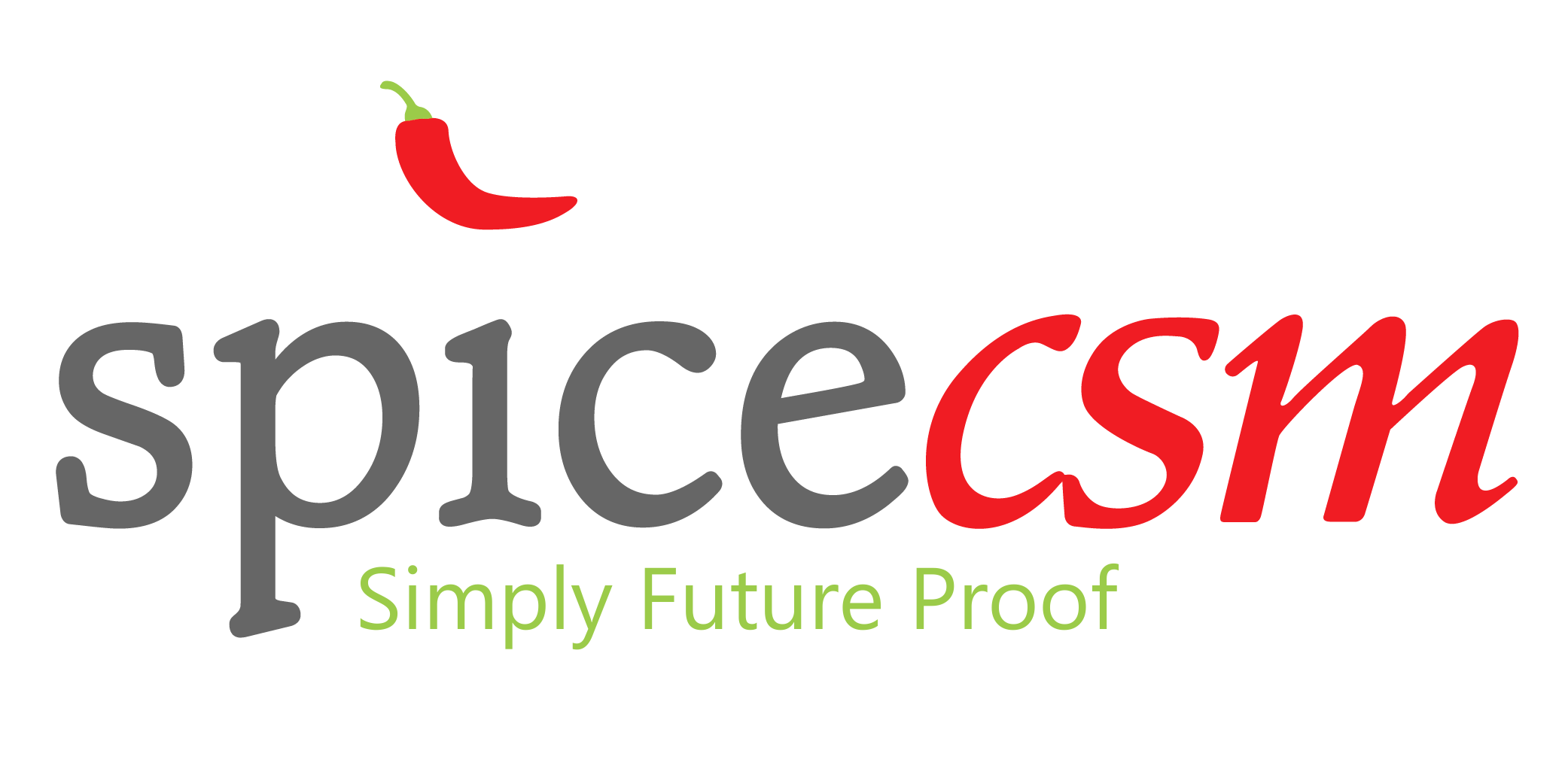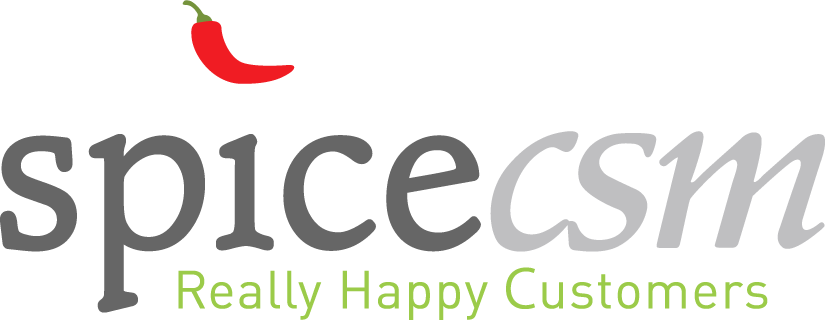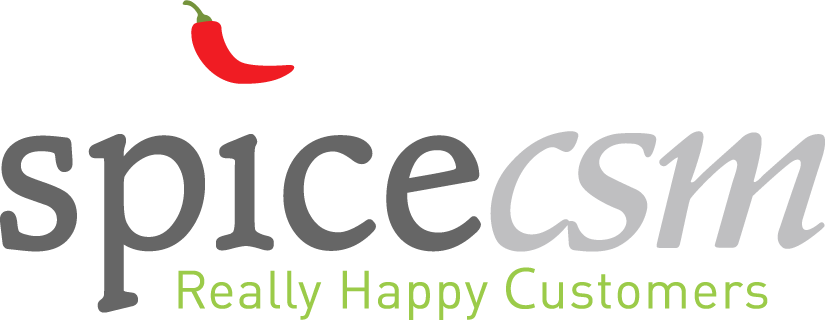The healthcare industry is transforming rapidly as a result of new and innovative technology. The healthcare call center is both a necessary cost center and also the key to future strategy. Automation is what needs to happen throughout the value chain in order to take things to the next level.
 The Hype Cycle
The Hype Cycle
Gartner recently published a hype cycle for healthcare providers in 2016. This report focused on the various expectations that providers have, as well as the slope of enlightenment. It provides an in-depth look at the various innovation triggers that exist, the plateau productivity, and understanding this can help to manage the challenges that exist within the healthcare IT landscape.
A total of 38 applications, analytics, and system advances are trapped within the cycle. There is a significant emphasis on advancements that target hospitals and integrated delivery systems as opposed to those for smaller healthcare settings.
Within each of the applications, there is a benefit rating, and adoption speed. It provides a look at how the technology has penetrated the market and what value it can provide to a healthcare delivery organization (HDO). 84% of the applications encompassed within the hype cycle are left of the slope of enlightenment. This is indicative that there is a significant explosion of health IT innovation efforts. Even though the technology encompasses some great ideas and wants to help with 21st-century medicine and concerns about chronic diseases as such, it also shows that there is risk and uncertainty involved.
Using the Hype Cycle makes it easy to see that the technology is present. The main problem is that not all technology is where we need it to be. It may not be at the point where an HDO can adopt it as of yet because it hasn't been fine-tuned or the technology is simply too disruptive at this point in time.
How Technology is Impacting the Healthcare Call Center
The healthcare call center has generally been viewed as a necessary cost center. It is where money is spent, not where money is made. However, this can change when the right technology is applied. It is possible to gain a considerable ROI with a call center and the technology is already present. CRM technology is a big part of this, and when integrated into the call center, it can lead to customer engagement as well as such features as:
- Postmodern healthcare ERP
- Value-based performance analytics
- Real-time dashboards
- Understanding the needs of patients
It's important to embrace the technology and much of what's shown in the hype cycle can be realized by an HDO in less than two years. This includes computer-assisted coding, patient portals, integrated data warehousing, care coordination, and much more. This would allow a healthcare call center to start earning its keep more effectively. A significant amount of it can be automated, and when combined with ERP and CRM technology, you as a healthcare provider can start learning more about patient needs and gaining the information you need in real-time. It will allow you to take patient engagement to a new level.
The hype cycle is key to being able to figure out what technologies are ready for you to embrace. You want to move past the plateau of productivity and get the innovation triggers into your facility. When you can move the technology to the right of the slope of enlightenment, the features can start to provide you with a high ROI and you can manage healthcare concerns in a 21st century style, thanks to the technology that is available.
To learn more about the benefits of a healthcare call center, contact SpiceCSM today.



